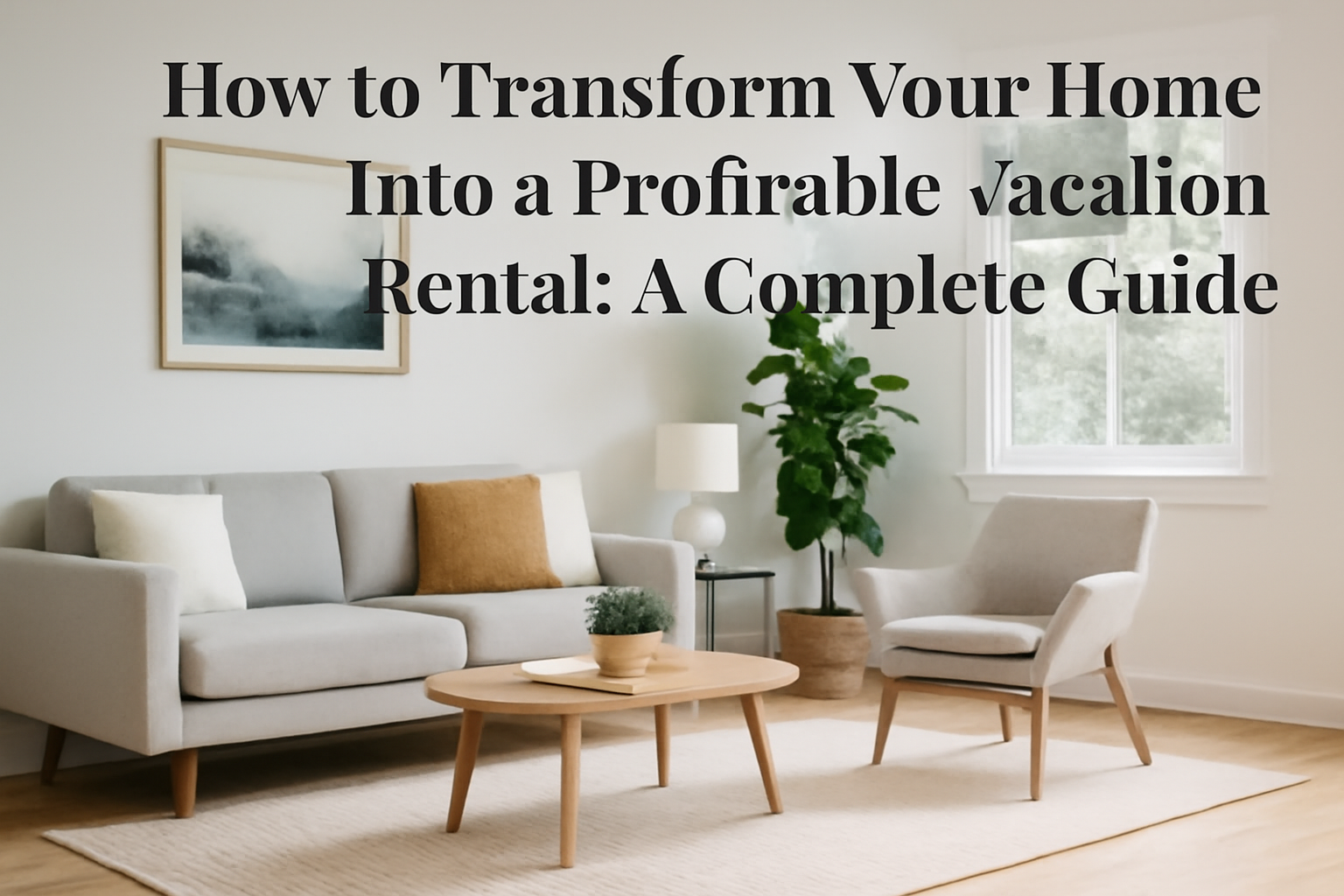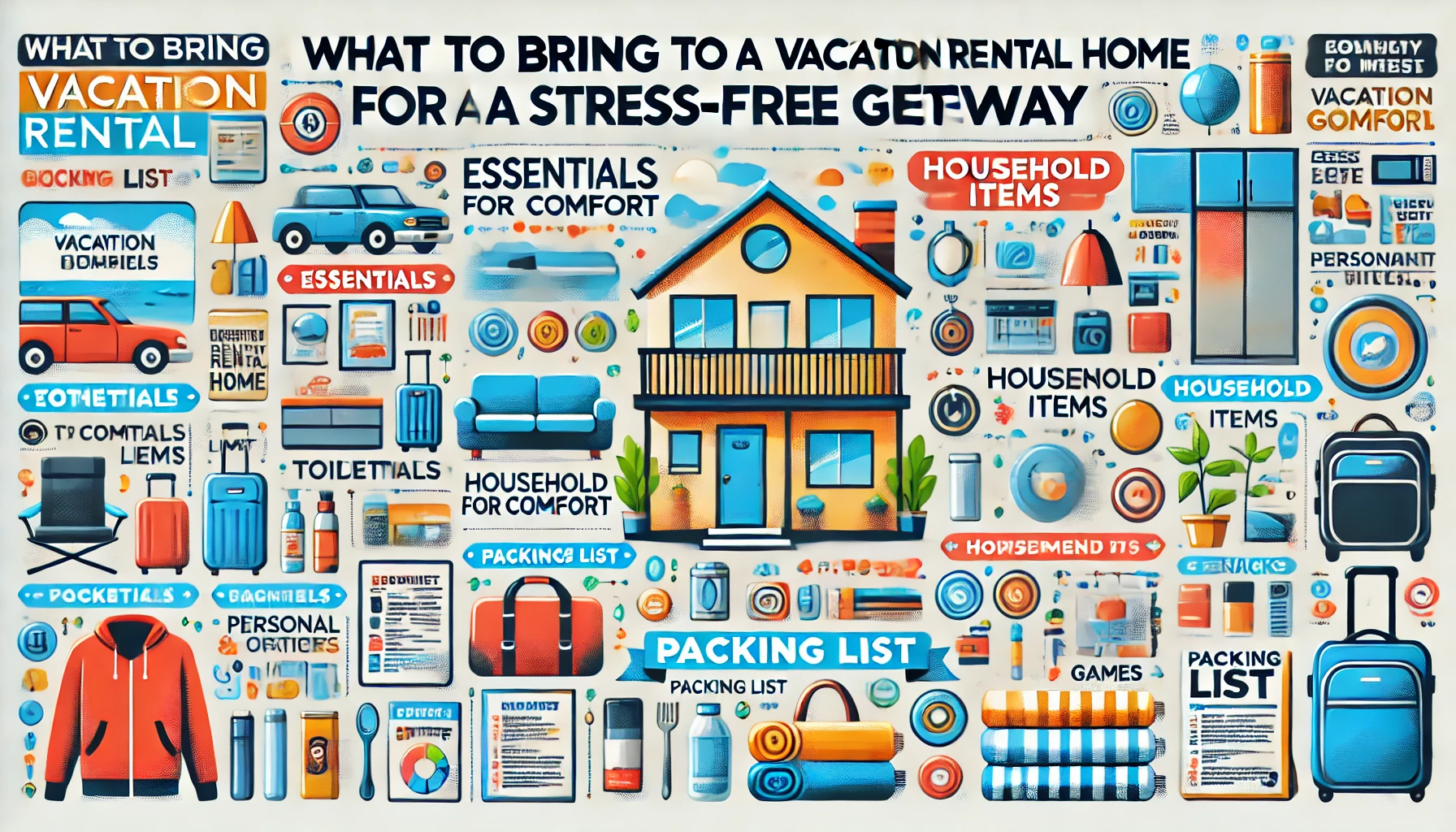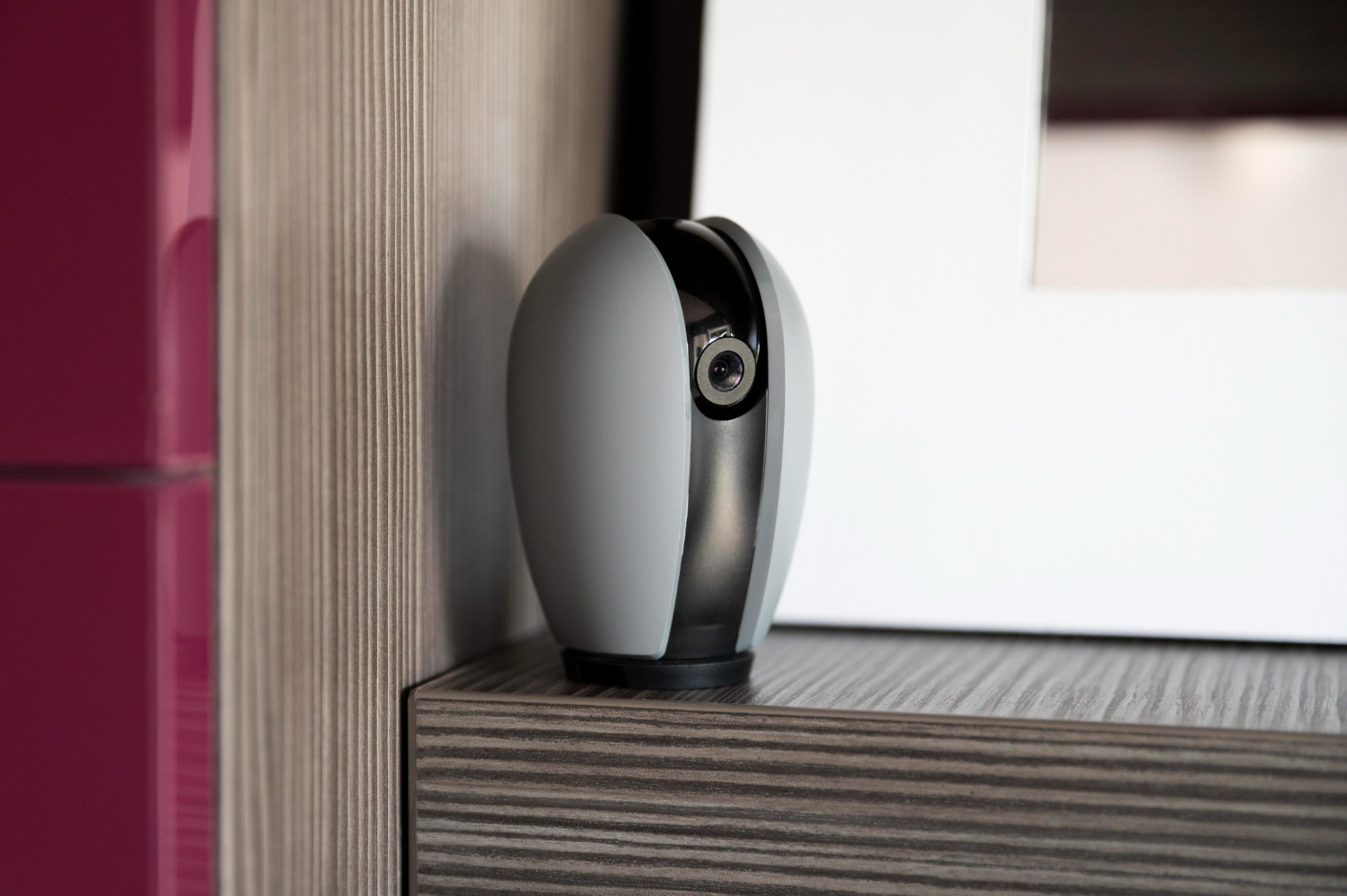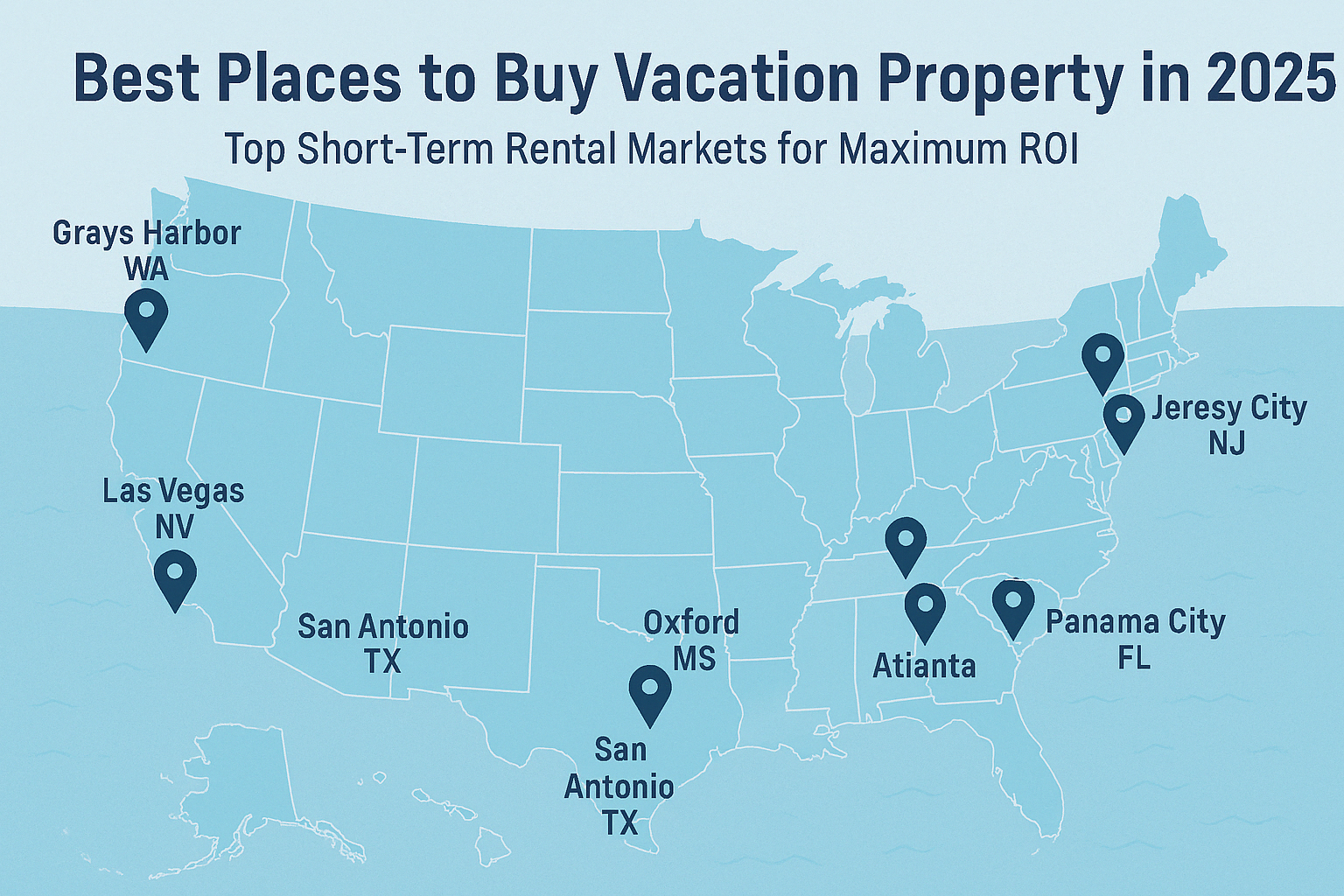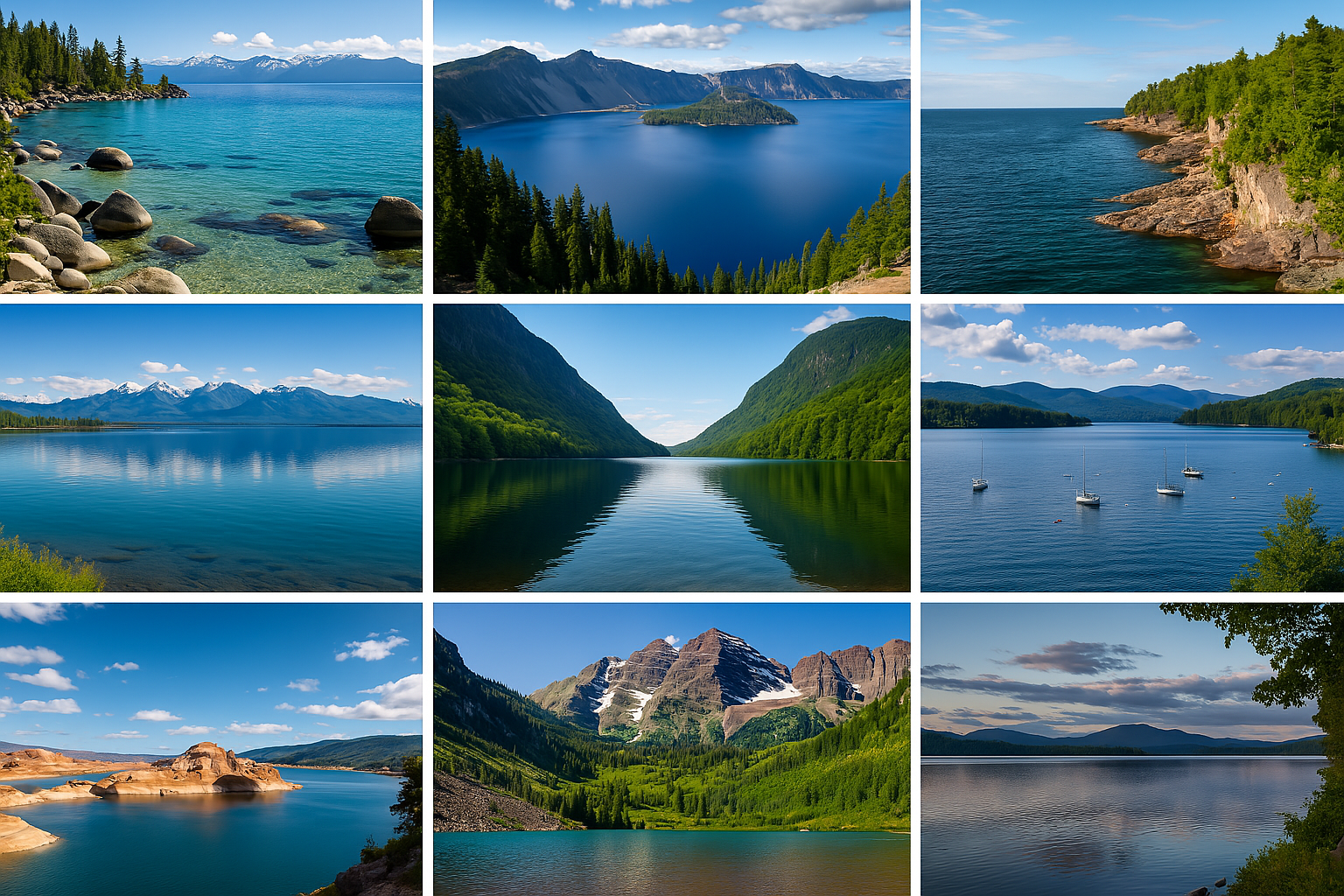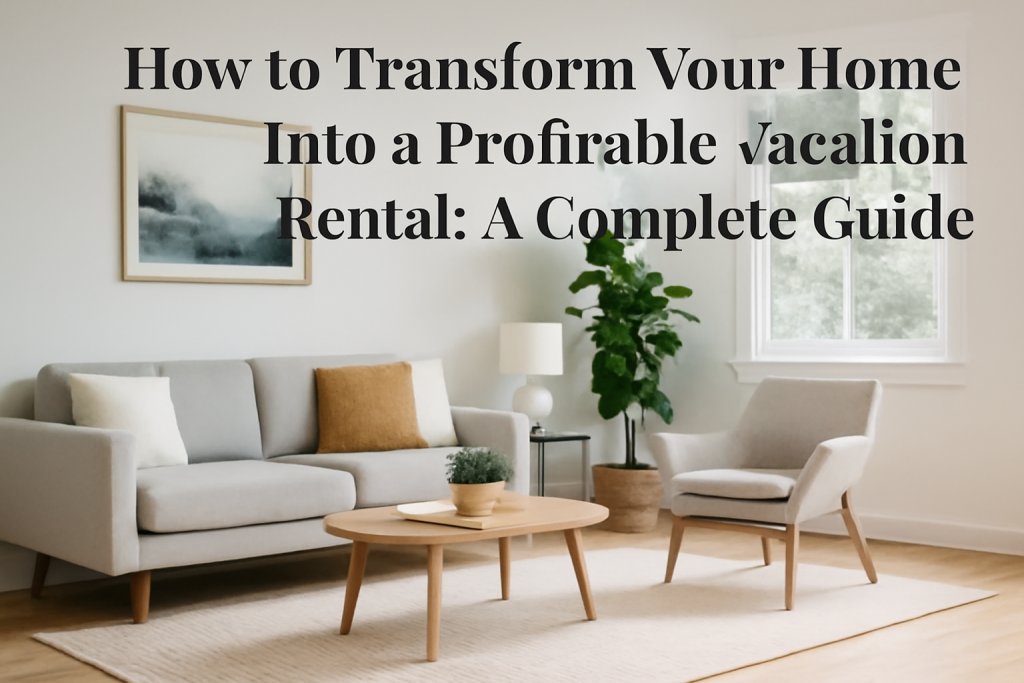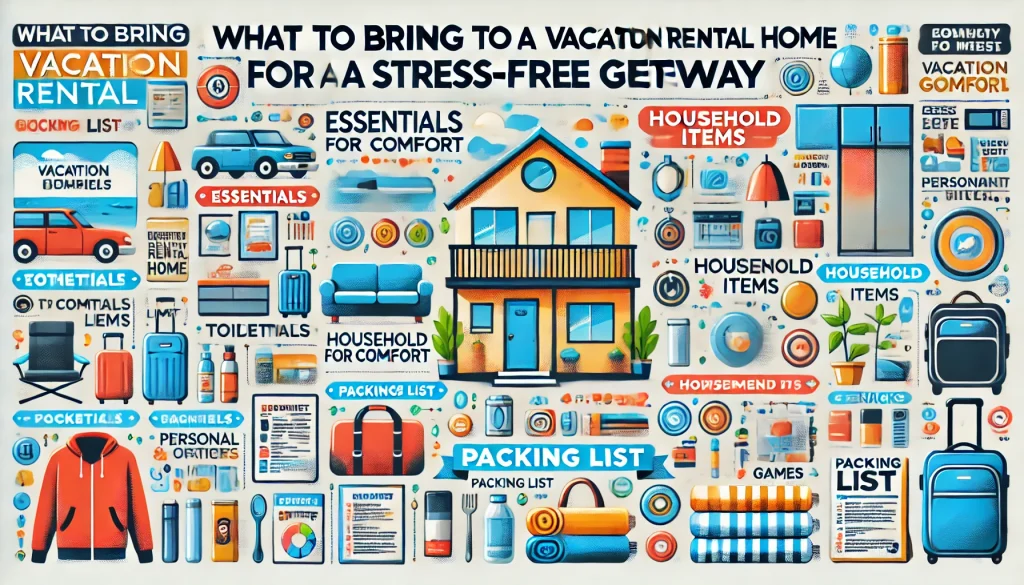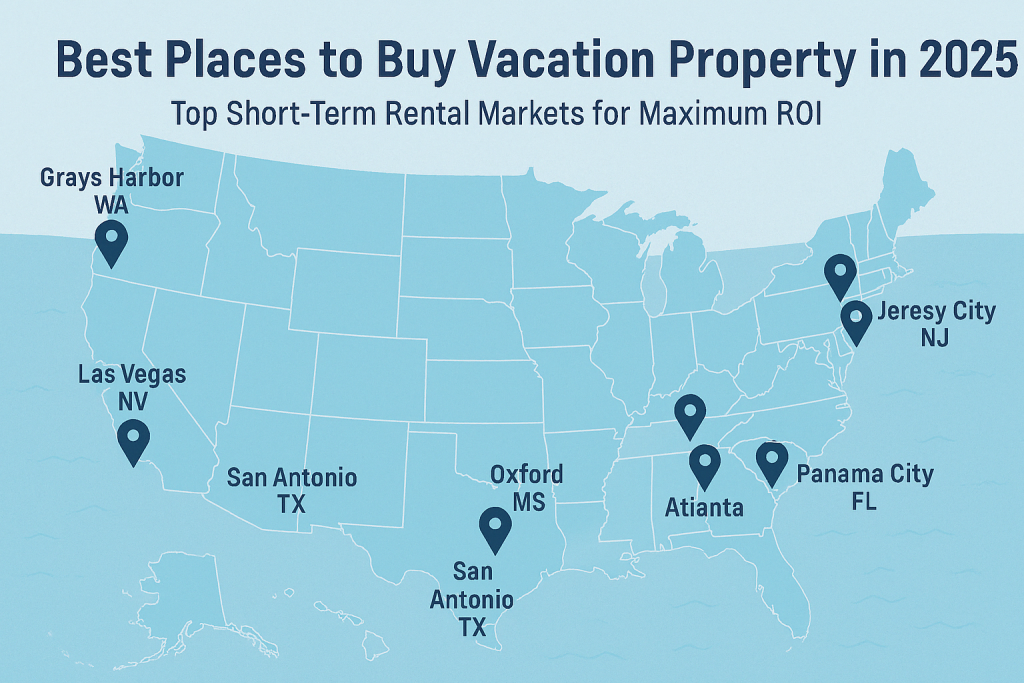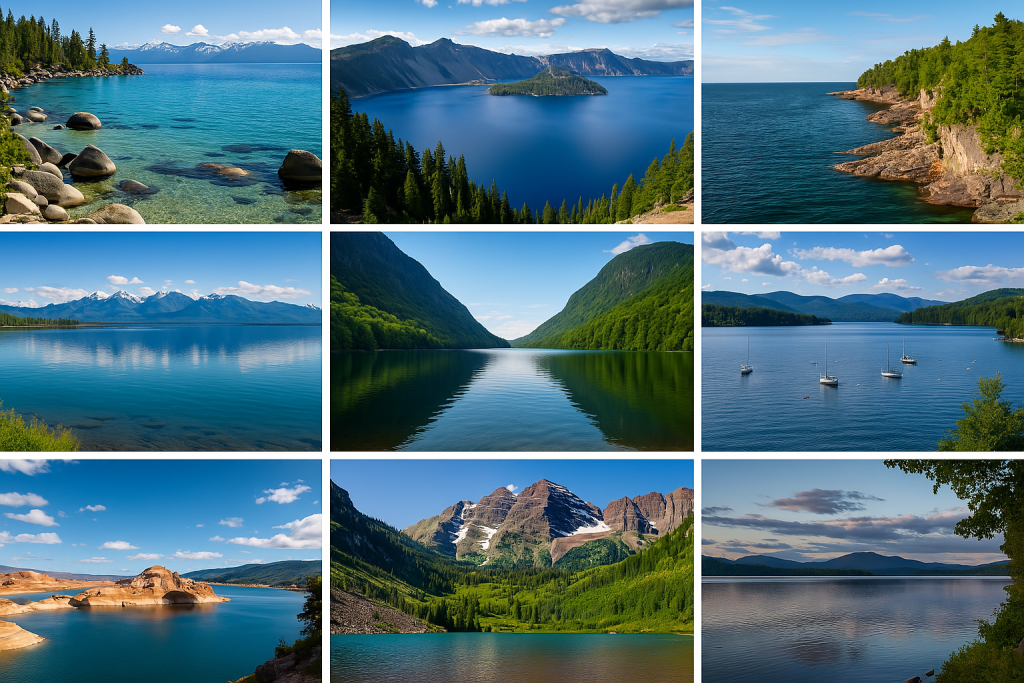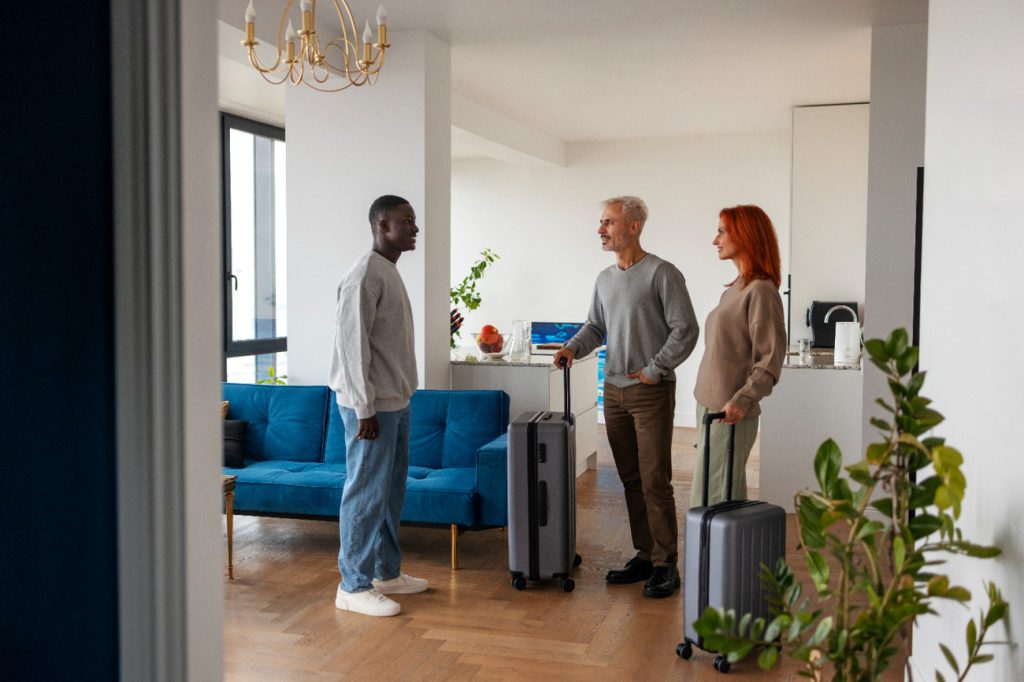In the age of smart homes and enhanced security, the presence of surveillance cameras in vacation rentals has become a hot topic. Whether you’re a guest seeking peace of mind or a host trying to protect your property, the question remains: Can vacation rentals have cameras—and if so, where and how?
Let’s break it down.
Table of contents
Are Cameras Allowed in Vacation Rentals?
Yes, cameras are allowed in vacation rentals, but with strict limitations. The legality and ethics of using surveillance equipment in short-term rentals like Airbnb, Vrbo, and Booking.com listings depend on the location, purpose, and placement of the cameras.
Most rental platforms and local laws prohibit indoor surveillance in private areas such as:
- Bedrooms
- Bathrooms
- Living spaces where guests have a reasonable expectation of privacy
However, outdoor cameras—like those monitoring driveways, entrances, or backyards—are generally considered acceptable, especially when used for:
- Security purposes
- Monitoring check-ins or check-outs
- Protecting against theft or unauthorized parties
Disclosure Is Mandatory
One of the non-negotiable rules across platforms like Airbnb and Vrbo is full disclosure. Hosts are required to inform guests about any security cameras on the property, including:
- Type of camera
- Location
- Whether they’re recording audio or video
- If they are active or inactive during the stay
This information must be clearly listed in the rental description or disclosed before the booking is confirmed.
Failure to disclose surveillance equipment—even if it’s non-functional—can result in serious consequences such as:
- Guest refunds
- Permanent suspension from rental platforms
- Potential legal action for invasion of privacy
Indoor Cameras: A Clear No-Go
No matter the intention, indoor surveillance in guest-occupied spaces is strictly off-limits. Hidden cameras in bedrooms, bathrooms, or living rooms are a major violation of trust and law.
Guests have the right to privacy inside the rental unit. Installing hidden cameras to monitor behavior or property usage is not only unethical but could also be considered criminal surveillance in many jurisdictions.
What Guests Should Know (and Do)
If you’re a guest booking a vacation rental, here’s what you can do to protect your privacy:
- Read the listing carefully – Look for camera disclosures in the description.
- Ask the host directly – If it’s not mentioned, don’t hesitate to ask if there are any security cameras on the property.
- Inspect the space – When you arrive, do a quick check. Common places to hide cameras include smoke detectors, alarm clocks, or picture frames.
- Use a camera detector app or scanner – Some apps can detect active streaming devices via Wi-Fi networks.
If you find a hidden or undisclosed camera, report it immediately to the platform and consider contacting local authorities if privacy laws have been violated.
What Hosts Should Keep in Mind
For hosts, using cameras responsibly and transparently is key. Here are a few best practices:
- Use only exterior cameras to monitor entrances or driveways
- Disable audio recording to avoid legal gray areas in two-party consent states
- Clearly disclose all devices in your listing and welcome instructions
- Never install cameras inside guest areas, even if they are common spaces like living rooms
- Ensure signage or warnings are visible if needed by local law
Security and safety are important, but trust is the cornerstone of any good host-guest relationship.
Legal Considerations by Country or State
Laws governing surveillance in vacation rentals vary by location. In the U.S., for example:
- California, Florida, and Illinois have strong privacy protections and stricter rules on recording without consent.
- Two-party consent states require permission from both parties to record audio.
- In the UK, Canada, and EU, data protection laws (like GDPR) also apply to camera recordings.
It’s always wise for hosts to check local regulations before installing any recording equipment.
Conclusion: Transparency Over Surveillance
So, can vacation rentals have cameras? The answer is yes—but only in public or outdoor areas, and only with full disclosure.
Guests deserve privacy, and hosts deserve security. Striking a balance with transparent communication, lawful placement, and ethical use of technology ensures a safe, comfortable, and trustworthy stay for everyone involved.
If you’re a guest, stay informed. If you’re a host, stay compliant. And in either case, respect goes a long way.

